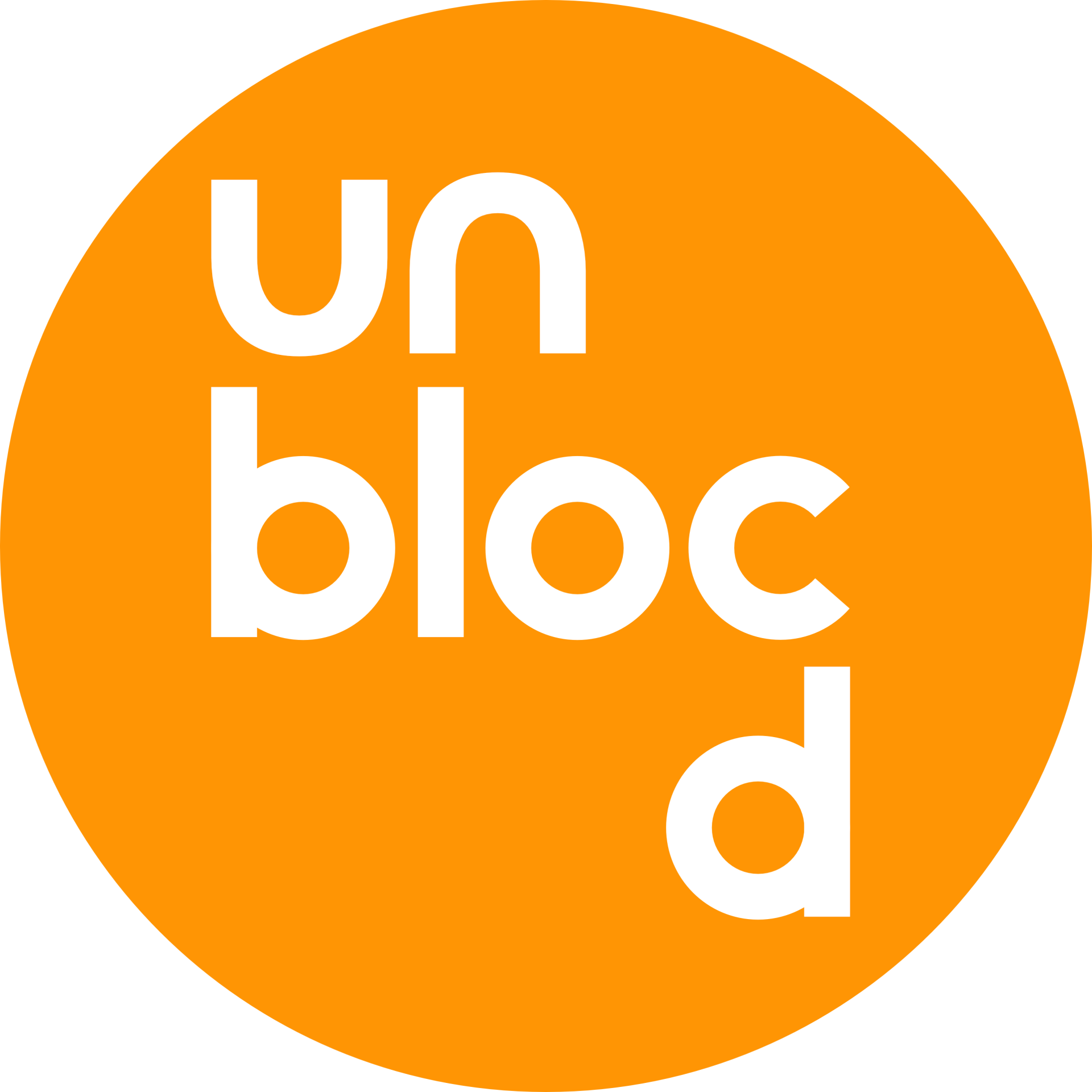When Climbing Stops Feeling Fun
Injury doesn’t always mean you have to stop climbing completely. Sometimes it means you need to climb differently — adjust your moves, lower your intensity, or avoid certain routes. But those changes can make climbing feel less enjoyable, even frustrating.
Climbing can also become a reminder of pain, both physical and emotional. When climbing brings up discomfort or difficult feelings, it’s hard to find joy in it the way you used to. That can pull you away from the sport you love.
This can lead to skipping climbing sessions, drifting away from your climbing friends, or even wondering if you’ll ever enjoy climbing like you used to. Those feelings can be tough — and they’re more common than you might think.
Climbing is about more than just physical movement. For many, it’s about progress, challenge, connection, and hitting goals. When injury interrupts those things, the joy can fade. You’re not just missing sends — you’re missing the parts of climbing that feed your spirit.
The important thing to remember is: it’s okay if the joy isn’t there right now. Injuries can leave a big impact, and it’s normal for your relationship with climbing to change. This phase doesn’t last forever.


